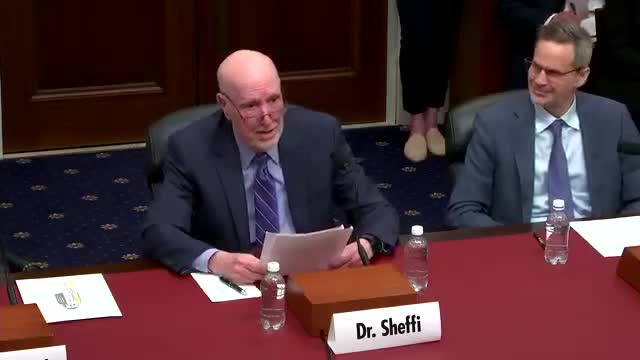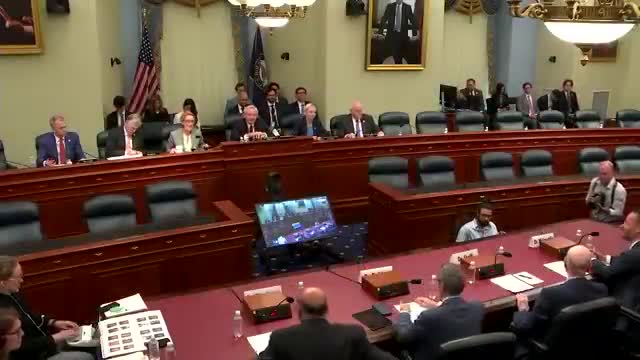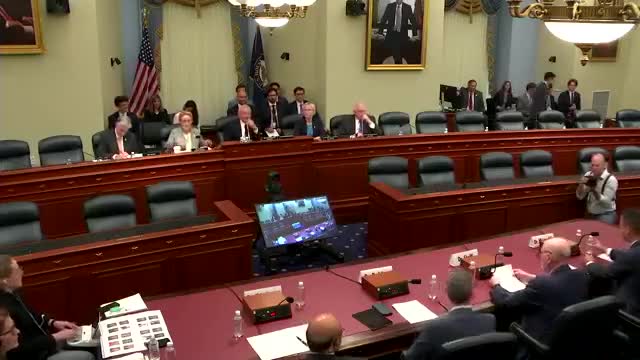Article not found
This article is no longer available. But don't worry—we've gathered other articles that discuss the same topic.

Witnesses and lawmakers tell committee tariff uncertainty is discouraging investment in U.S. manufacturing

Experts: U.S. ports face capacity, scale and automation barriers that slow supply chains

